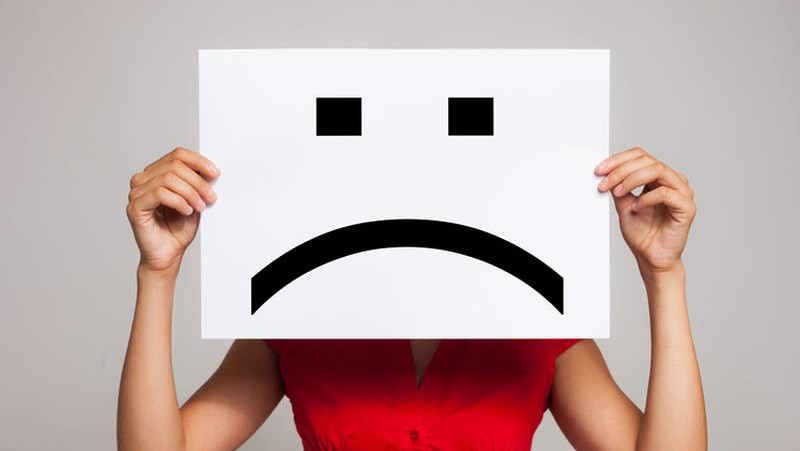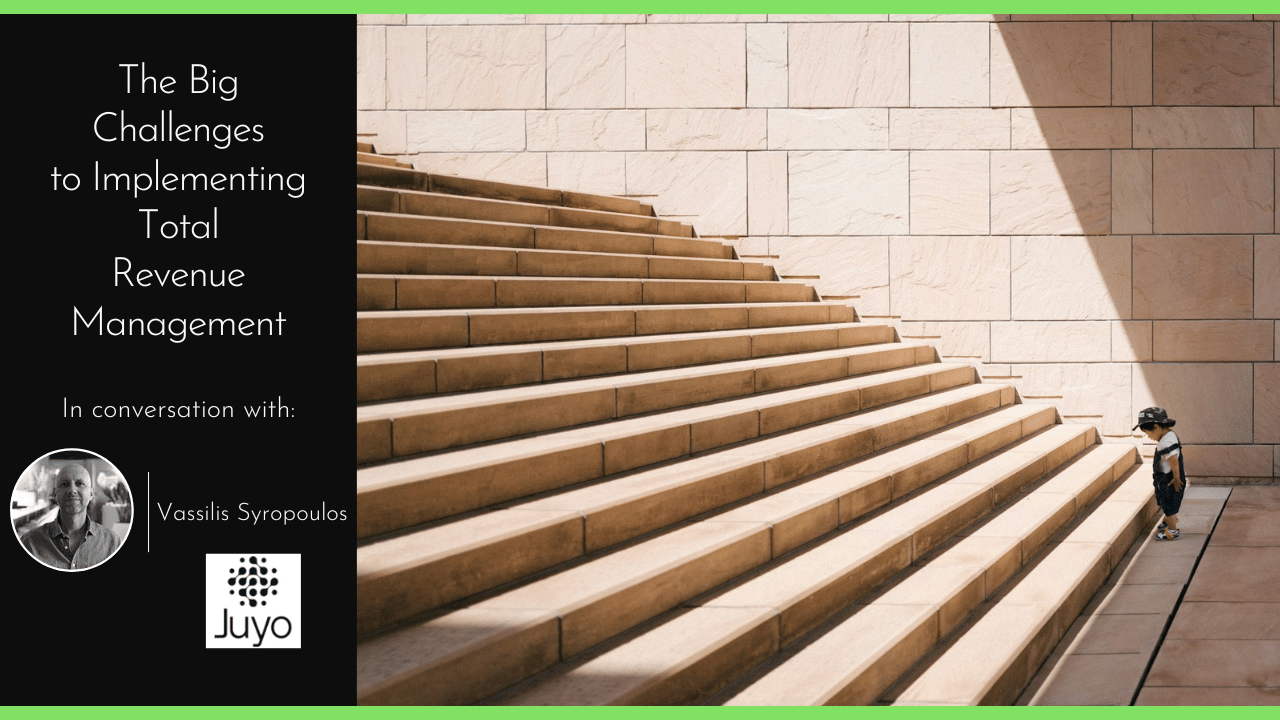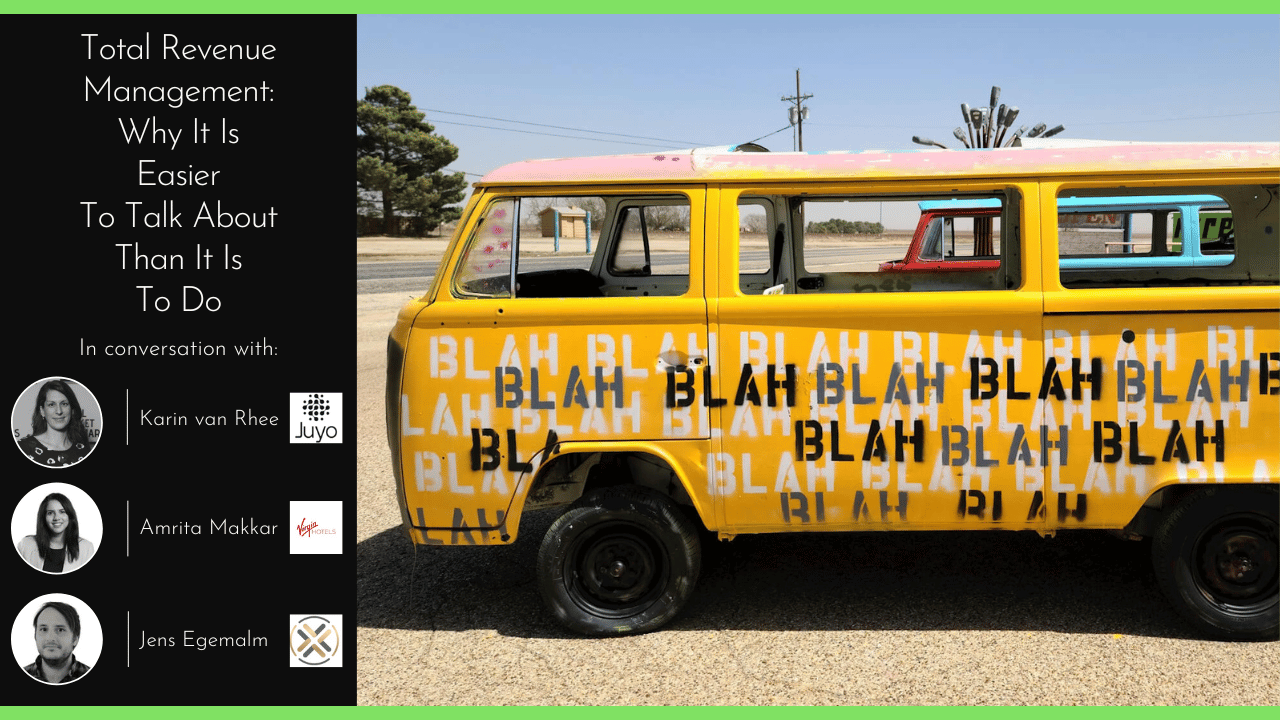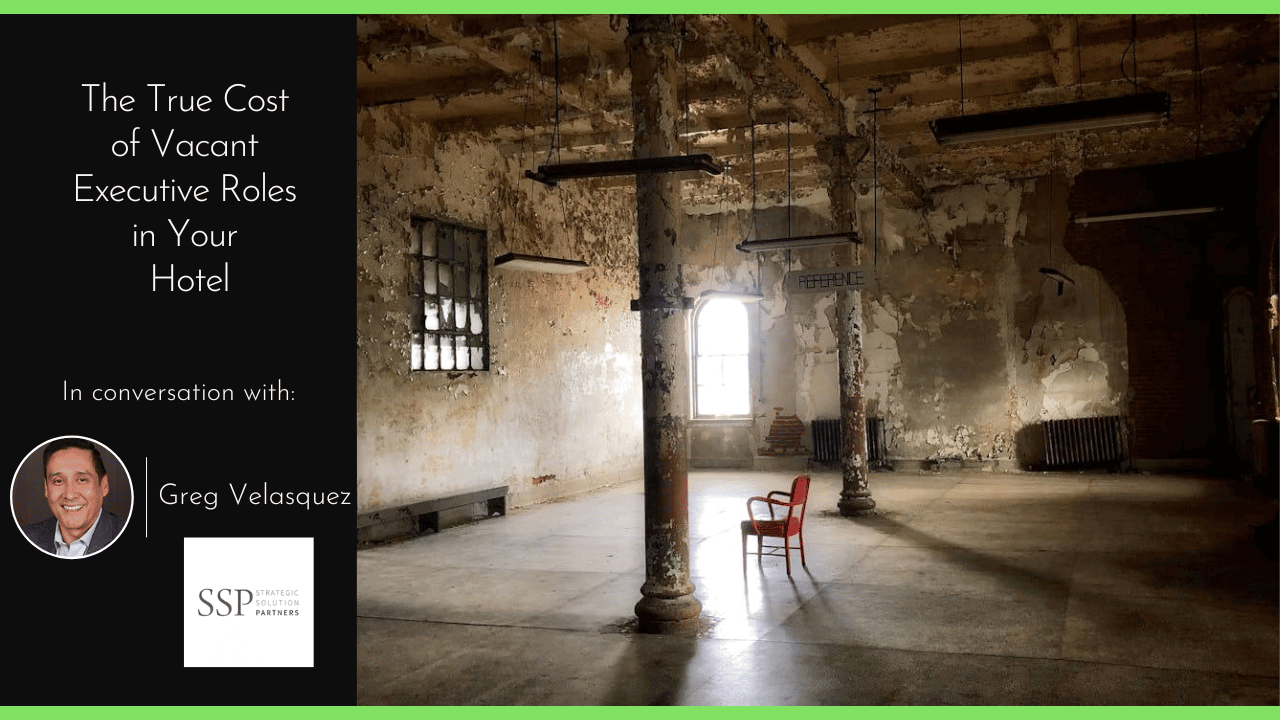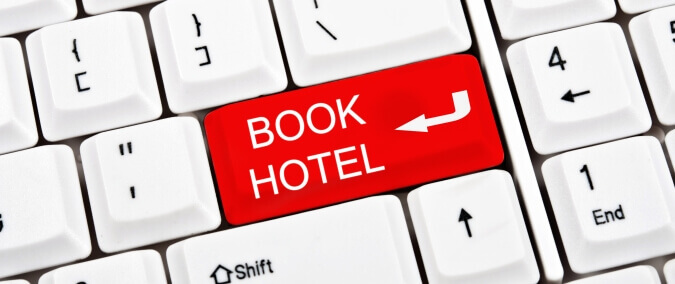
The decision by the Australian Competition and Consumer Commission (ACCC) to enshrine rate parity between hotels and Online Travel Agencies (OTAs) has created a new impetus for the hotel sector to reclaim their guests through innovative marketing strategies.
The agreement – which was signed off in early September – allows hotels to offer lower rates than they provide OTAs for phone and over-the-counter bookings, but they have to extend ‘rate parity’ to OTAs for online bookings, unless it is to a ’closed’ user group, such as a hotel’s loyalty club.
The reality, of course, is that the overwhelming majority of bookings these days are online, and the millennial generation, in particular, prefer the idea of booking through aggregated sites rather than individual hotel sites.
While France legislated to outlaw rate parity, and Germany is looking to follow suit, the American hotel giants decided that the only way to stop the erosion of distribution market share was to challenge the OTAs head on.
Marriott launched its “It pays to book direct” campaign and Hilton followed with “Stop Clicking Around”, with both groups promising their loyalty members “lowest rate”, plus extra benefits such as wi-fi access and upgrades. The fight-back has since been joined by IHG.
The chains haven’t revealed how much the campaigns have grown direct business, but market leader in Australia and New Zealand, AccorHotels, has claimed major effectiveness in growing their direct bookings through a massive increase in investment in their loyalty programs, However, they are yet to follow Hilton, Marriott and IHG and guarantee ‘lowest price’ for members.
The moves are a direct challenge to the power of the OTAs, dominated by the global duopoly based of Expedia Inc. (Expedia, Hotels.com) and The Priceline Group (Booking.com), who have grown to a combined market capitalisation of over US$85 billion.
Wotif’s 10% commissions are a distant memory for Australian Hotels
Australian hoteliers were largely insulated against the power of the big two when Wotif operated as a stand-alone OTA offering flat 10% commission levels, compared to the global groups’ commission rates of over 15%.
For many independent Australian hotels, or small chains, selling their inventory via Wotif meant they didn’t need to hire sales staff and could concentrate instead on promotions and marketing. Then Wotif raised the commission to 11%, before they were swallowed up by Expedia Inc. and commission levels then headed further north quite rapidly.
Read rest of the article at eHotelier

